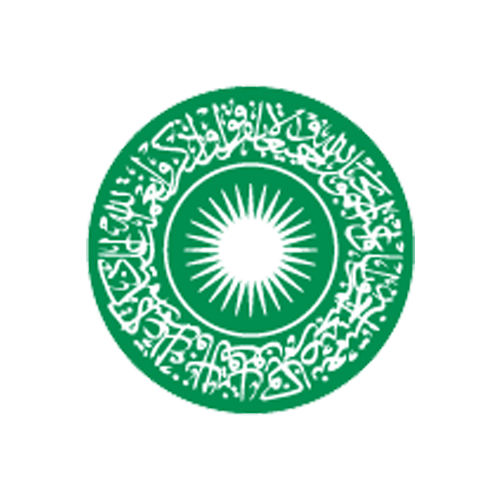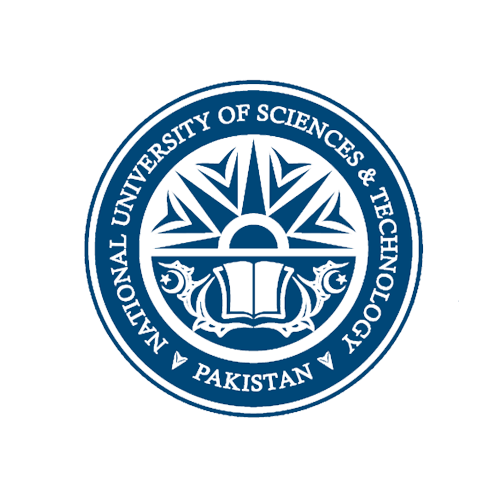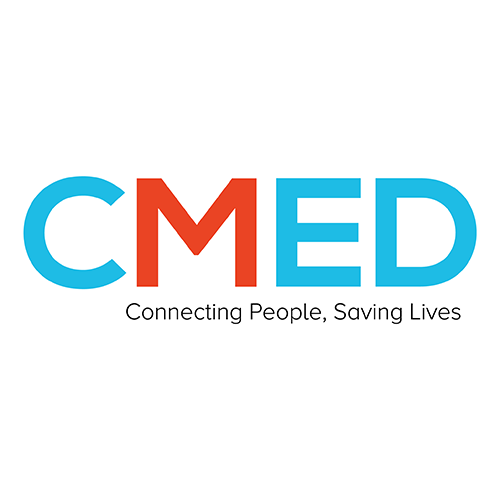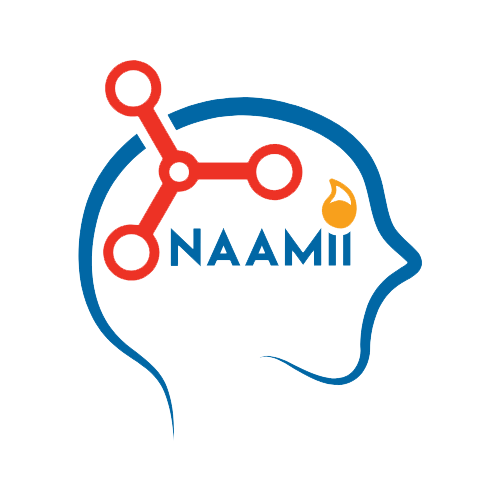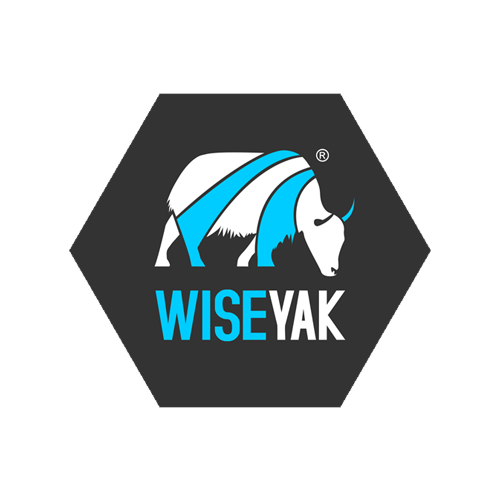Regional Hubs
Zero Suicide International® Asia Alliance
Status: On-going
Donor: Henry Ford Health Global Health Initiative
Secretariate: GTA Foundation
Project Summary
The Zero Suicide International® Asia Alliance initiative represents a transformative effort to
address the pervasive challenge of suicide across the South-East Asia region. Anchored in the
Zero Suicide framework, this project seeks to reduce suicide through evidence-based strategies,
robust collaboration, and systemic integration within healthcare and community settings. With
the G.T.A Foundation serving as the secretariat the Zero Suicide International® Asia Alliance
aims to foster a coordinated, sustainable approach to suicide prevention, leveraging regional
expertise, research, and policy advocacy.
Objectives
The central objective of the Zero Suicide International Asia Alliance is to reduce the incidence of
suicide across the region by establishing and sustaining zero-suicide strategies within healthcare
systems and community frameworks. This overarching goal is supported by a commitment to
advancing evidence-based practices, enhancing public awareness, and fostering international and
regional collaboration to create a resilient, suicide-free future.
Specific Objectives:
1. Promote the integration of the Zero Suicide framework across all healthcare and
community care settings in South-East Asia.
2. Facilitate inter-sectoral collaboration to enhance connectivity and support for suicide
prevention initiatives.
3. Deliver specialized training programs on suicide prevention strategies to healthcare
professionals, community workers, and caregivers.
4. Advocate for the incorporation of suicide prevention policies within national health
strategies and mental health action plans.
5. Establish and sustain support networks for individuals at risk of suicide and their
families.
6. Encourage and facilitate research endeavors to evaluate the efficacy of suicide prevention
interventions and guide future strategies.
7. Implement robust data collection and analysis systems to monitor suicide trends and
assess intervention impacts.
8. Strengthen the capacity of organizations and professionals involved in suicide prevention
through resource provision and technical assistance.
9. Foster linkages with local communities by disseminating resources and facilitating
knowledge exchange.
Role of GTA: GTA Foundation serves as the Secretariat for Zero Suicide International® Asia Alliance,
playing a key role in its formation, coordination, and operational management.
Activities:
1. Completed Activities: The kick off meeting of the alliance took place on January 22 nd ,
2025.
2. Planned Activities:
- The 2 nd webinar is scheduled to take place on 9 th April, 2025, with country representatives from Pakistan and Malaysia sharing the suicide scenario and work done in suicide prevention in their respective countries
- The official launch is planned in October, 2025 with the in-person workshop and signing of the charter by the country representatives of the participating countries.
- Following the launch of the hub regular updates through the webinars, technical discussions, and semi-annual review meetings to track progress, and address challenges will ensure accountability.
Contact: [email protected]
Artificial Intelligence for Sexual and Reproductive Health for South Asia Hub (AI-Sarosh)
Project Duration: (February 2023 – 2026)
Funding: International Development Research Centre (IDRC), Canada
Implementing Organizations: PHC Global (Pakistan) and GTA Foundation (Nepal)
Project Overview: AI-Sarosh is a regional initiative designed to leverage artificial intelligence
(AI) to enhance the delivery and efficacy of sexual, reproductive and adolescent health (SRH)
services across Bangladesh, Nepal, Pakistan, and Sri Lanka. The project's primary objectives are
to develop and deploy AI-driven tools and platforms that improve health literacy among target
populations, augment clinical decision-making for healthcare providers, and contribute to
evidence-based policy formulation. A critical component of the project is the development of
accessible and user-centric solutions, designed to accommodate diverse levels of technological
literacy.
Specific Objectives:
1. To foster interdisciplinary collaboration between AI experts, SRMH specialists, and program
implementation professionals.
2. To facilitate knowledge translation and bridge communication gaps between technology
developers and healthcare sector stakeholders.
3. To establish platforms for dialogue concerning the ethical and safe deployment of AI solutions
for women and adolescents.
4. To advocate for the responsible application of AI to advance SRMH outcomes within the
South Asian region.
Key Thematic Areas:
1. Maternal Health
2. Family Planning and Male Partner Engagement
3. Adolescent Sexual and Reproductive Health (ASRH)
4. Maternal Mental Health
5. Sexual and Reproductive Health (SRH) Service Delivery
Project Outcomes and Impact: AI-Sarosh functions as a regional knowledge hub, providing
support to eight sub-grantee organizations implementing nine transformative projects throughout
South Asia. Sub-grantee institutions include:
Pakistan
Project Title: Development and Evaluation of an AI-Based Predictive Model for Postnatal Depression in Pakistan: Bridging the Gap in Early Detection and Intervention
Theme: Maternal Mental Health
Project Title: AI-based risk predictive tool for early diagnosis and treatment of Gestational Diabetes
Theme: Maternal Health
Theme: Adolescent Sexual and Reproductive Health
Project Title: Ma (Mother) Mental Health: Artificial Intelligence-Enabled Detection of Perinatal Depression
Theme: Maternal Mental Health
Project Title: Project 1: AI/ML-based Pregnancy Risk Categorization (mCareAI) Project 2: AI/ML- based Rish Stratification Risk Categorization (mCareSK)
Theme: Maternal Health
Project Title: AI-powered task-shifting for high quality fetal ultrasound service in community healthcare settings
Theme: Maternal Health
Project Title: Artificial Intelligence Supported Cervical Screening (AISCS)
Theme: Sexual and Reproductive Health
Project Title: AI-Powered Population-based Birth Cohort Study in the Western Province of Sri Lanka
Theme: Maternal Health
Beyond project implementation, AI-Sarosh serves as a collaborative platform, facilitating regional and international partnerships to promote knowledge exchange, scale evidence-based interventions, and accelerate innovation in SRMH healthcare. Future initiatives will focus on expanding data repositories, refining AI algorithms, and integrating these tools into existing health systems to ensure long-term sustainability and maximize impact across South Asia.
Partner - AI for Global Health Research
Contact: [email protected]
